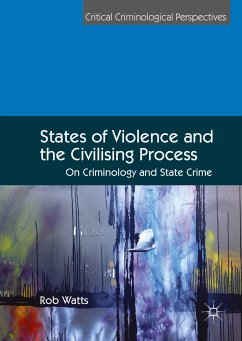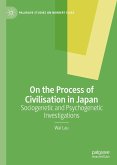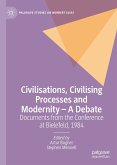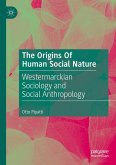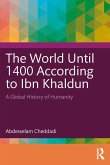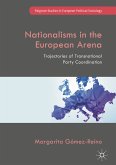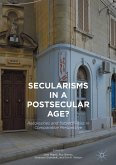This book uses Norbert Elias's theory of the civilising process to provide a sociological and historical study of Portuguese bullfighting. Its aim is to understand how bullfighting is historically configured according to the transformations undergone by the society in which it takes place. This means that bullfighting is approached in terms of its relationship with factors such as social structure, state power, the control of violence and the sensitivities and behaviours of different social groups. Its evolution and its construction as an activity can only be explained if we look at these factors from a sociological perspective that takes into account the passage of time. Such a view allows us to think of bullfighting in process and figurational terms. It means going back a thousand years and reconstructing a journey that, overall, cannot be described as a simple succession of facts, laws, dates and decisions by great personalities. On the contrary, this book argues it is a journey subject to the logic of changes in society, power relations and patterns of behaviour considered suitable for social life. And, as a path, it is not defined at random. It has a direction: bullfighting has been moving towards formalisation and pacification for centuries.This book is of special interest to students and scholars of sociological theory, historical sociology, Eliasian theory, and human-animal relations.
Dieser Download kann aus rechtlichen Gründen nur mit Rechnungsadresse in A, B, BG, CY, CZ, D, DK, EW, E, FIN, F, GR, HR, H, IRL, I, LT, L, LR, M, NL, PL, P, R, S, SLO, SK ausgeliefert werden.



